Mr. President, quoting from Reuters news agency (Beijing) “Gambia President Adama Barrow told Chinese President Xi Jinping on Thursday that his countries ties with self-ruled Taiwan had been a “huge mistake”, and he thanked China for all the help it had given subsequently, China said.”
Mr. President, to begin with, the cross-strait relationship between China and Taiwan has been sour recently after Taiwan losing four of its allies (Dominican Republic, Panama, El Salvador, and Burkina Faso) to China prompting the United States to recall its ambassadors from the Dominican Republic, Panama, and El Salvador over these countries decision to no longer recognize Taiwan. The US saw that “China was luring countries with economic inducements that facilitate economic dependency and dominance, not partnership.”
Mr. President, this relationship has a long history of tensions because China feels that Taiwan is inalienable part of China and the use of force to resolve the dispute over the island’s status is still an option and your showmanship of diplomacy to say that “the Gambia Taiwan ties was a huge mistake” to appease their President was pointless. Mr. President, you have to advocate for peace in that region and not to reignite tensions.
Coming back to my topic on why the Gambia Taiwan ties was not a mistake. Mr. President, this relationship wasn’t a huge mistake and here is the reason WHY;
The Gambia officially recognized Taiwan in 1995, from there on the relationship was further strengthened over the years in all government sectors (Agriculture, Education, Health, Infrastructure development, Technology etc.).
Mr. President, I would like to delve into key areas based on Taiwan contribution in developing the human resource capacity of the country. In this article, I would like to focus on the tailor-made programs sponsored by the Taiwanese government in the areas of Petroleum, Information Technology, Agriculture, Health, Civil Engineering, and Architecture.
Petroleum
Mr. President, the Taiwanese felt that there was a growing need for the Gambia to train its citizens when the government was dreaming of the exploration of petroleum in the country. Who would have been the key drivers of this petroleum sector was a question that was hanging. It would have been easy Mr. President, for any company to hire professionals while not employing the citizens to take charge of that petroleum sector. The Taiwanese government felt it was important to train the citizens, believing that educated citizens will always drive the destiny of their country towards a positive path. Thus they decided to start a tailor-made program in petroleum engineering in 2004. They provided Twenty-five students full-time scholarships to study at National Taipei University of Technology which has later become home for all the Gambians in Taiwan. After the completion of their program, they went back home to work for the petroleum company. This is why today you can finally award a contract to FAR Ltd. An Australian company to start drilling in less than 40 days without the knowledge of parliament and the general public.
Information Technology (IT)
At your Brikama rally, you have promised the people of Brikama free street light with Wi-Fi. Getting anonymous donor funds and hire experts to install the free Wi-Fi for the community of Brikama is the easiest thing to do but maintaining the infrastructure is key.
In 2007, the Taiwanese government granted twenty-five students a full-time scholarship to study Electrical Engineering and Computer Science. This program was designed to tackle the lack of I.C.T officers in government institutions and the challenges of ICT that lies ahead with the rapid advancement of technology. Today majority of the I.C.T officers in various government departments are products of this program.
Civil Engineering
At your Numi rally, you promised to bridge Banjul to Barra. Yes, Mr. President, this time I will call it a metaphorical dream. Now, talking about the bridge one would ask whether the Gambia has civil engineers to build bridges of that magnitude? I will say yes, they have. In 2008, the Taiwanese government designed a civil engineering program that covers areas in Geotech, Structure, Water Resources, Environment, Construction Management and IT. The students were exposed to an engineering environment where solid infrastructures are built to resist natural disasters like typhoons and earthquakes and are provided internships outside the university with industries to gain experience and work with professors to conduct innovative research.
Mr. President, before this program there were not more than 20 certified civil engineers in the country. After the success of the first batch, the Taiwanese government further requested another twenty-five students in 2012 to also pursue the same degree program.
Mr. President, we would not love to see were a country granting you loans for a project, have one of its companies bid for the project with 100% assurance of being awarded the said project, export its laborers to work on the project at the detriment of our laborers, when you vow to create job opportunities. In the end, the loan has to be paid by the tax-payers. Who is winning Mr. President?
Agriculture
After many years of sending Taiwanese experts to develop the agricultural sector in terms of rice production, horticulture, aquaculture etc and also transferring modern technology to the sector. The Taiwanese government further decided to strengthen the human resources base of the agricultural department. In 2009, a batch of twenty-five students was awarded scholarships to pursue a degree in agriculture in the most prestigious agricultural university in Taiwan, majoring in Animal Science, Plant Science, Soils, and Agricultural Economics. These students were well equipped in this program. They were well trained in first-class laboratories with high-tech modern equipment to conduct their research in their various specialized areas of study. Mr. President, your ministry of agriculture is headed by these students.
Health
Without delving in detail on the contribution of the Taiwanese government towards the health sector. Every patient in the country felt their contribution because drugs were never delayed, blood bags were always available throughout the country, and doctors never went on strike.
Mr. President, in 2010, the Taiwanese government awarded eleven students to pursue a bio-medical degree program in Taiwan. The program was designed to train the students to become experts in the field of medical laboratory science and biotechnology, an area in which The Gambia never had an expert.
Architecture and urban planning
Mr. President, you can’t talk about infrastructure without architectures and urban planners. Before 2011, there were only two surveyors in the country. With this number of surveyors, one would say that the country was in dire need of urban planning and design, environmental protection, infrastructure design etc. Mr. President, we are in the mid of the raining season and the place is full of “poto poto” and flood, and this is due to lack of urban planning. The Taiwanese government in the same way awarded a batch of twenty-five students in 2011, to study Architecture and urban planning. This was a very successful program, run and overseen by top Architects and professors. From modern home designs to mega building designs, planning and construction. Upon graduation, scholarships were awarded to three outstanding students to pursue a master’s degree in architecture and urban design.
Mr. President, I said initially that I was going to focus on the tailor-made programs but here is a brief summary of the overall student’s programs.
Mr. President added to the tailor-made programs, numerous students of various developmental programs were also given the opportunity to pursue their dreams through individual school scholarships and bilateral partnership scholarships such as MOFA, ICDF, and MOE. Most of the individual scholarships also helped Gambians earn degrees in key areas such as Economics, International Relations, Community policing and drug control, Military training etc. Mr. President the Gambia Taiwan relationship was fruitful as it helped develop and sustain some of the departments making progress in your government. Despite the wasteful demands and mismanagement of funds by the previous government, Taiwan goodwill gestures in cash had helped a lot in maintaining our health sector, agriculture, and national security sector. Mr. President, the majority of these students who have benefitted from these programs are today contributing immensely towards the social economic development of the country.
Mr. President, in a nutshell, Taiwan was paving the way for the Gambia to be self-reliant and realize the productivity of its own people. Finally, Mr. President, it wasn’t a “huge mistake” for the Gambia to establish relations with Taiwan and we will forever be grateful to Taiwan.
Mr. President, I wouldn’t do you justice without asking you a rhetorical question “Weh weh you” Mr. President, when all these were taking place?
Kofi.


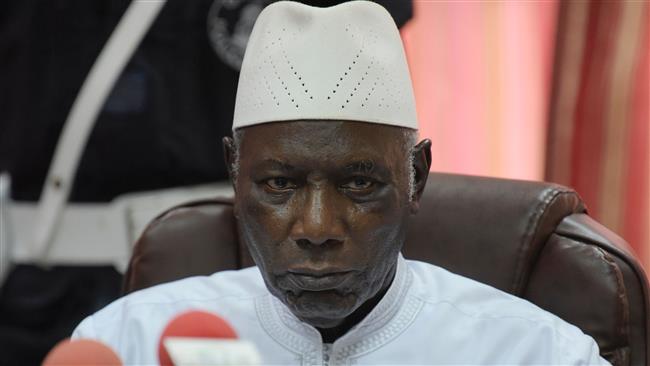
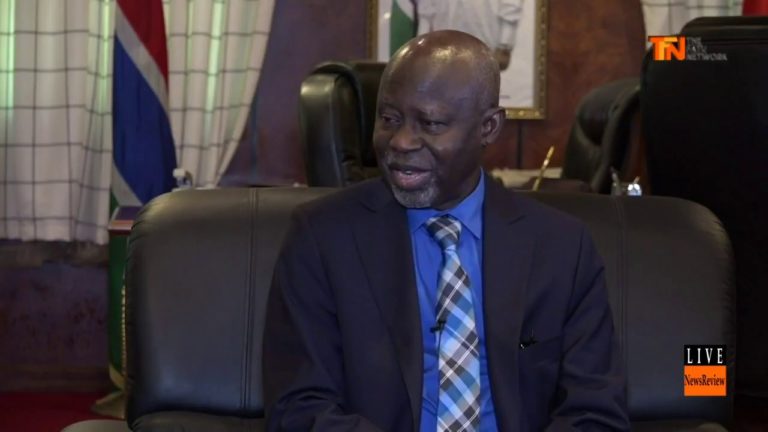
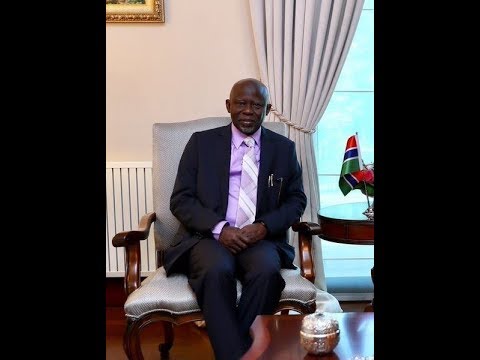
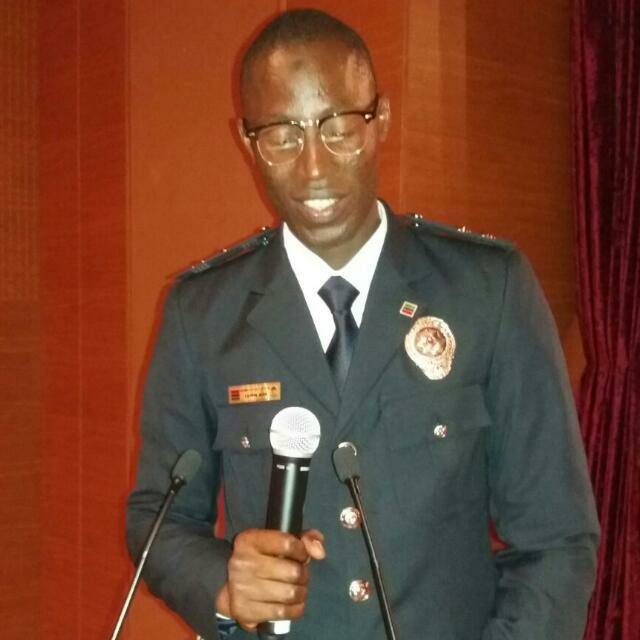
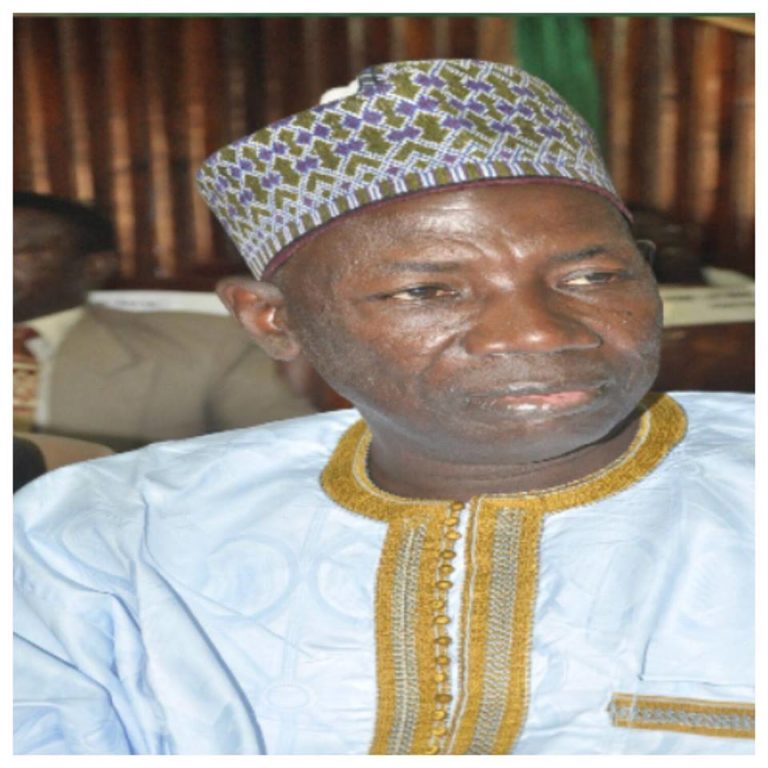

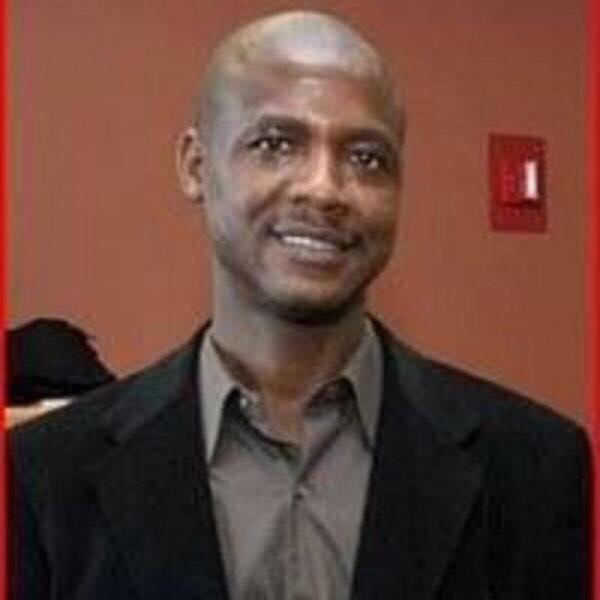
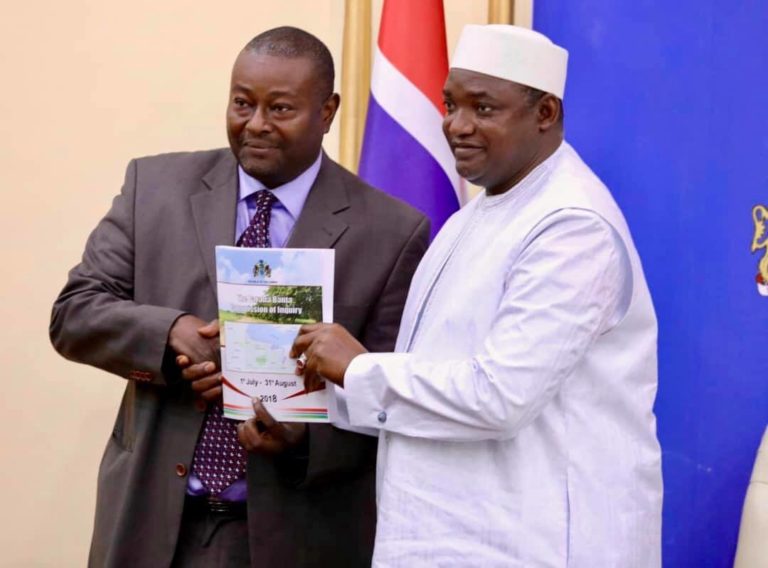
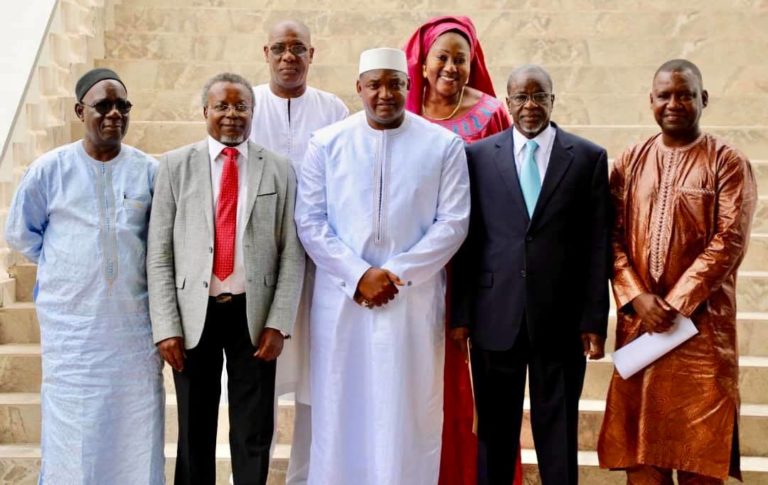

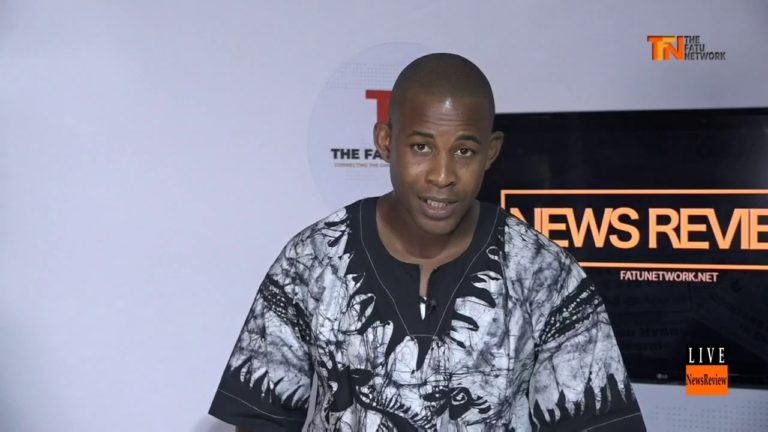
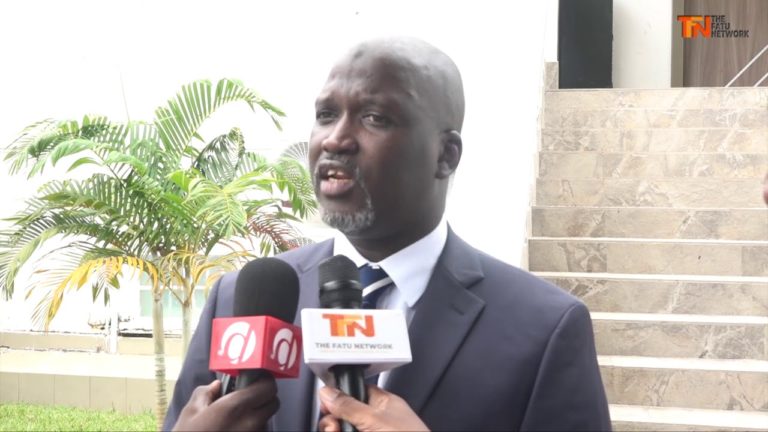

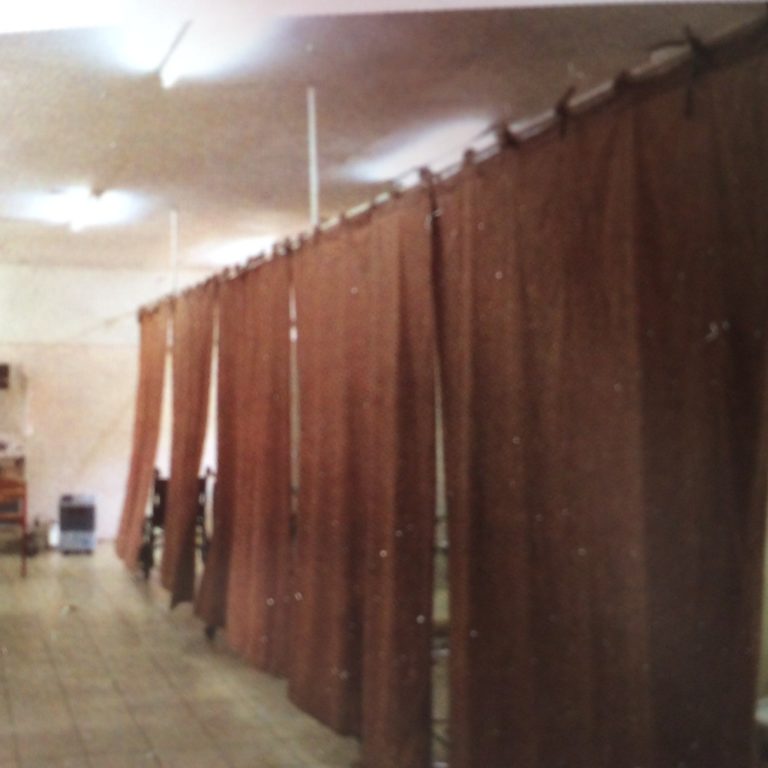
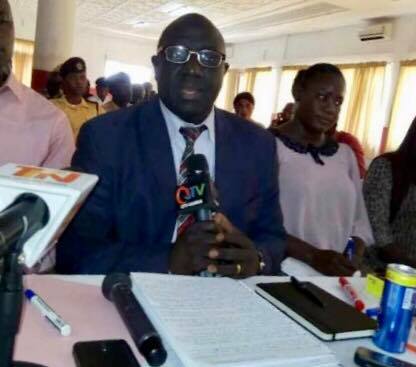

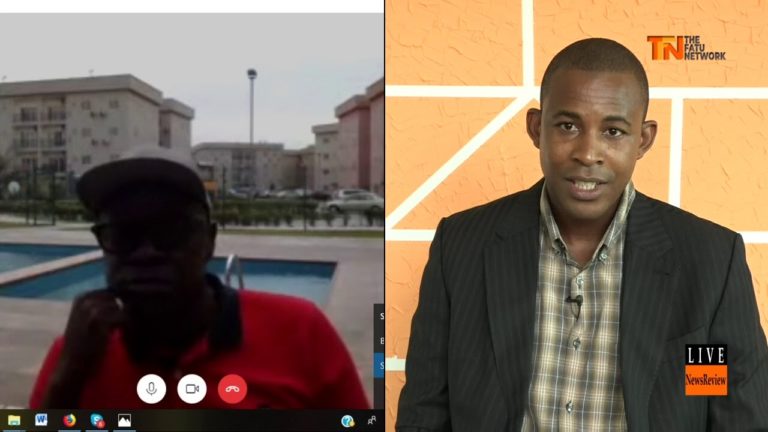
HASSOUM CEESAY – MY UNASSUMING HERO
Someone once said that a nation needs leaders to thrive. Here, leader is not only referring to political office, but to the wider application of people who take centerstage and play a leadership role for others to follow. In other words, these are – will be – the trailblazer. Any nation that has a dearth of this type of leadership will not progress, or if it does, it will be a snail’s pace.
Though this is not a gigantic or unsurmountable problem, it requires a focused and concerted effort to solve. In The Gambia, one of the main problems we face and continue to face, is patriotism – or the lack thereof. Patriotism which will see a person prefer the nation over self; take risks even, just to ensure that the interest of the nation at large is protected, and the good image of the country preserved.
In order to do this and infuse love of nation in our people – particularly the young – we need to have mechanisms to make sure that they know their great ones and what they have done for the nation. They need to know that we have had great sons and daughters of this country who sacrificed everything to ensure that the country prevails. This is why it is important for us to rewrite our history and project our people in the right light. This means that we do not have to leave the writing of our history or the description of our nation to people like Berkeley Rice.
This is where Hassoum Ceesay comes in. Hassoum is a walking encyclopedia of Gambian history, as someone told me not long ago. He has been doing a great job of researching and documenting the traits and feats of some great individuals who trailed the blaze for many a young Gambian. I have read a lot about some very prominent Gambians and now know a little about them and their sacrifices, thanks to Hassoum Ceesay.
The latest such effort is on Pierre Sarr Njie commonly known as PS Njie. The book is entitled Founding Fathers PS Njie A Moral Biography. In this book, Hassoum has brought to life the great and significant contributions of this great son of the land. Reading this book, I was filled with admiration for this great man who until now, I didn’t know much about; quite like Edward Francis Small on whom little was – is – known. There is an acute need to shed light on the lives of these people. This is what will make the young have a focal point, so to speak, role models to look up to and aspire to be like.
It is avoiding the same pitfall we fell into regarding these stalwarts that I am writing this piece to shed light on Mr Hassoum Ceesay. Famara Fofana, author of When My Village Was My Villageand Recollections of an African Child, point out to me that there is a need for someone – or better still some young people – to follow on the footsteps of Hassoum Ceesay and understudy the great work he is doing. I totally agree with him because Hassoum is indeed a trailblazer like the great sons and daughters of The Gambia that he is telling us about. There should be some young people who follow in his footsteps so that they can continue from wherever he stops.
His personality is a pleasant one. He is a keen listener and is an inspiration to many young people in this country. He encourages and nurtures talent in whomever he spots it, and trust me, he has a keen eye for that. I am mostly speaking from personal experience here. Hassoum is very humble and unassuming despite his vast knowledge of the history of this nation.
Most of the time, when I visit Mr Ceesay at the National Council for Arts and Culture where he works, I find him buried in books and old newspapers from which he conducts his research of what used to obtain decades ago. I remember he showed me one particular passage from an old newspaper which was of the 1940s, if my memory serves me right, where great issues of national import were discussed. That is Hassoum for you, always seeking knowledge.
Mr Ceesay is humble and very open. Many new writers find an ally in him. Due to his tenacious support and encouragement, they have the courage and the zeal to continue and become published authors. Hassoum does not discriminate and gives each individual the ear to speak to, then offers valuable advice on how to move on.
His love for The Gambia is unmatched. Once he showed me an article published in the 1950s or around that time which was a letter from one of the colonialists talking about how groundnut crops cultivation was transported from the Gambia to the other colonies like Nigeria Sierra Leone and Ghana! He was beaming with pride that the Gambia was the country that gave the subregion what became the main cash crop. Here is a patriot!
It is for this reason that I reiterate a call I made earlier on for our education system to be reviewed to include subjects that will instill the love of nation in our young ones. One of the ways in which we can do that is to include the study of these people in our school system perhaps as early as in primary school. The books published by Hssoum Ceesay are based on very credible research and their inclusion in the books studied in school will be of great benefit to the country.
Hail hassoum Ceesay!
Tha Scribbler Bah
A Concerned Citizen